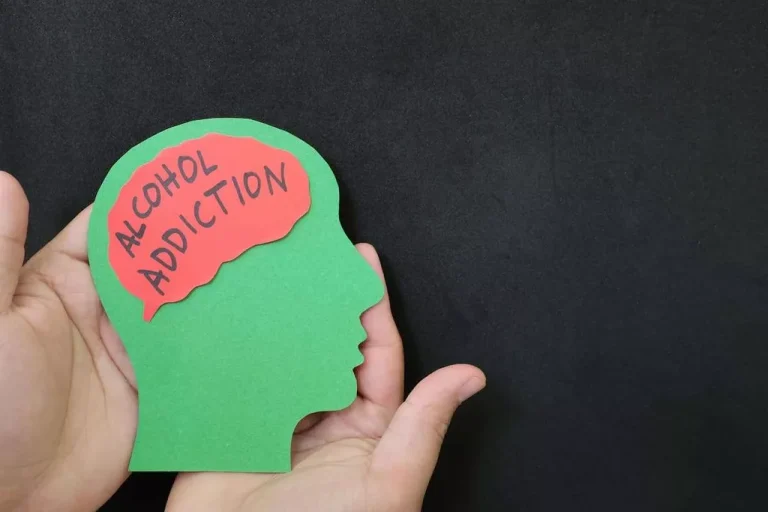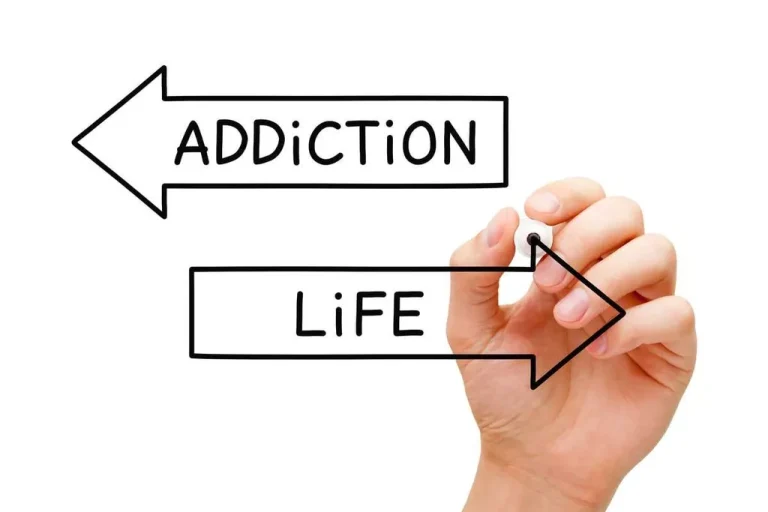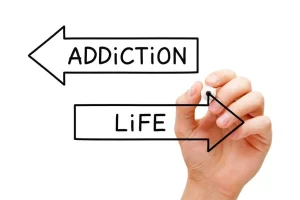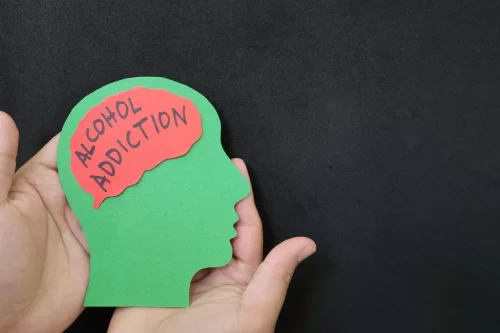
However, they can still cause side effects when taken with alcohol. Always check the product label before taking medications along with Benadryl or any other product containing Benadryl’s active ingredient diphenhydramine. Benadryl is a potent first-generation antihistamine that crosses the blood-brain barrier, a protective filter that helps keep harmful substances from reaching the brain.
Alcohol Interactions With Anticoagulants and Antiplatelets
Regardless of the type of blood thinner being used, you should generally avoid alcohol while taking a blood-thinning medication. The actual risks to a particular individual are very case-specific and should be discussed with a doctor. Within the last few years, a new class of blood thinners was developed.
Alcohol Withdrawal Symptoms: Detox, Timeline & Treatment
Alcohol’s antiplatelet effect may compound Plavix’s actions, significantly increasing bleeding risks. Even moderate amounts could pose problems, especially for people prone to stomach ulcers. Always seek medical guidance regarding how much, if any, alcohol heroin addiction is safe.

Switching from Eliquis to Xarelto
Alcohol affects how well your blood clots, potentially negating the effects of the blood thinners or increasing them to a dangerous level. Further, alcohol can affect how long it takes for your body to process blood thinners. This can cause the medication to stay active for longer and have a greater effect than it should. Alcohol can also cause underlying health problems that affect the liver, which plays a vital role in how blood thinners work and how blood clotting occurs. By stopping or slowing the formation of clots, blood thinners can help prevent life-threatening events like strokes and heart attacks.

Cardioversion Procedure: Understanding this Procedure and Its Impact on Heart Rhythm
They may suggest limiting your alcohol intake to specific amounts or avoiding it entirely. As alcohol is a blood thinner itself, combining it with a medical blood thinner could mean your blood will thin too much, which might make it difficult to clot and this can mean you bleed excessively. In most cases, taking a low dose of aspirin, and drinking responsibly should not be dangerous. However, if you drink too much alcohol with aspirin, it can cause nausea and vomiting, heartburn, stomach ulcers, and gastrointestinal bleeding.
- In any case, if you’re taking a blood thinner, it’s important to check with your doctor before drinking alcohol.
- This exploration delves into the potential risks and benefits, providing a comprehensive overview to inform responsible decision-making.
- Consuming a small amount of alcohol with Benadryl can enhance sleepiness or drowsiness effects, potentially interfering with your day-to-day activities.
- As a central nervous system (CNS) depressant, alcohol can worsen the side effects of Benadryl.
- These medications work by interfering with the blood’s ability to clot, which is essential for preventing life-threatening blockages in blood vessels.
Interference with Medication Efficacy
- This is doubly dangerous, as you are more likely to have an injury while intoxicated and are at higher risk for severe bleeding.
- Eliquis contains the active ingredient apixaban, an anticoagulant medicine that prevents blood clots from forming.
- They can help you access the correct medical attention for your alcohol use.
- They play a vital role in treating and preventing conditions such as deep vein thrombosis (DVT), pulmonary embolism, and stroke.
- Any medication that slows blood clotting can interact with certain foods, supplements, or other medications.
Talk with a healthcare professional to find out which blood thinner you qualify for. It can also limit your kidneys’ ability to excrete broken-down toxins or drugs, such as your prescribed blood thinner. This can lead to the same harmful effect of excessive anticoagulation.

What should I avoid while taking Eliquis?
As many as three million people take blood thinners each year, but some may not be aware of how these medications interact with substances like alcohol. On their own, blood thinners can create a number of health risks and increase the chances of serious bleeding. When combined with alcohol use, however, the risks become much more severe. To summarize, if you are on blood thinners, it is best to avoid consuming alcohol. blood thinners and alcohol Drinking can put a lot of strain on your body and potentially interact with the medications you take for your health condition.

Patients should discuss safe consumption levels (if any) with their doctor. They are a group of drugs that stop certain blood cells (called platelets) from clumping together and forming a blood clot to help stop bleeding. Blood thinners are broadly categorized into anticoagulants and antiplatelets. Anticoagulants affect the chemical steps leading to clot formation, while antiplatelets prevent platelets from clustering into clots. Despite these differences, both types of medications pose significant risks when combined with alcohol.
- Clots can be stopped from forming and getting larger, however, apixaban can not break up clots that are already there.
- Even over-the-counter doses should be carefully monitored when alcohol is consumed.
- You can still drink moderately in social settings but should take precautions.
- Combining alcohol and blood thinner medications like warfarin may cause you to bleed more easily.

Even if you have a normally functioning liver and kidneys, alcohol can limit your liver’s ability to metabolize other compounds.